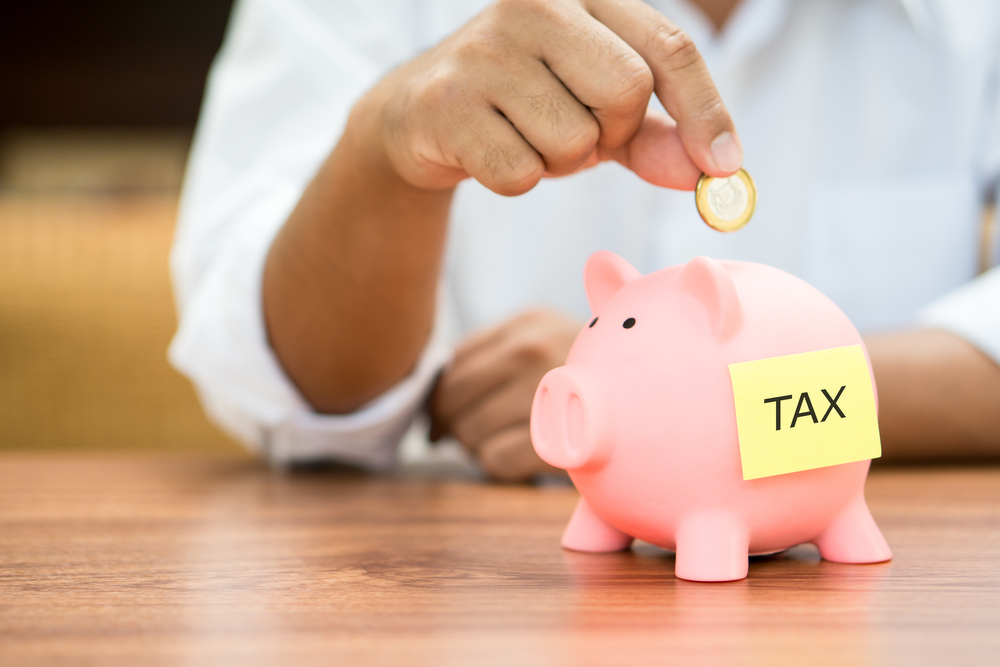Blog
BLOG: Five tax perks to boost your income

There’s little sign the high cost of living will go away and many people are looking for ways to boost their income. Here are five to get you started.
Although HMRC may not immediately spring to mind, the tax system has a number of schemes and allowances that can help people increase their income without paying more tax.
Here are five little-known tax perks to try:
Trading Allowance
People with income from a side hustle or ad hoc job, such as babysitting or gardening, can earn up to £1,000 exempt from income tax.
This is called the Trading Allowance and can be useful for people who earn small sums through the gig economy or the sharing economy, for example by selling home-made jam at a fair, renting out DJ equipment, tutoring, or selling on eBay, to name a few.
Property Allowance
This tax perk allows people to earn up to £1,000 a year exempt from tax from property or land they own, which might apply to letting your parking space, for example.
If you let your home or a room in it occasionally and earn £1,000 or less in one tax year, then you can use the Property Allowance to keep this income tax-exempt. Rental income above £1,000 and up to £7,500 can be tax-exempt through the Rent a Room Scheme outlined below.
Rent a Room Scheme
Homeowners can earn up to £7,500 annually in tax-exempt income from letting out one or more rooms in their home, through the Rent a Room Scheme.
The rooms must be furnished and you must be living there as a resident landlord – it does not matter whether you own your home outright or are still paying off a mortgage.
Some people use the Rent a Room Scheme to run a bed and breakfast from their home, while others have longer-term lodgers. Either way, be sure to check the rules around tenancies and letting.
You can’t use the Rent a Room Scheme if you’re letting out a second home or a buy-to-let property.
Marriage Allowance
Married couples and those in a civil partnership could pay less income tax overall if one person transfers a portion of their Personal Allowance (the amount an individual can earn before they begin paying income tax) to their partner.
This perk is called the Marriage Allowance and it works for couples where one is a non-taxpayer and the other is a basic rate taxpayer.
The non-taxpayer, who can earn up to £12,570 tax-free as part of the current Personal Allowance can give up 10% of this to their partner. This figure is rounded up to £1,260 and means the basic rate taxpayer saves the usual 20% tax on this amount – equating to a £252 saving in the year.
Check if you’ve paid too much tax
It’s good to keep an eye on your tax code and how much you have paid in each tax year, because sometimes mistakes occur. Although HMRC usually adjusts people’s income tax throughout the year and provides automatic rebates to people who have paid too much income tax, at times you can overpay.
This can happen if:
- You started a new job and were on an emergency tax code
- You stopped working part-way through the tax year
- Your employer or HMRC accidentally gave you the wrong tax code
- You have more than one job.
You can reclaim overpaid tax for the past four tax years by logging in to your online personal tax account and requesting a refund.
If you’re not sure if you’re making the most of the tax allowances and relief available to you then a financial adviser or a tax specialist may be able to help give you a better understanding of your tax position, and any perks you might be missing out on.
Annabelle Williams is personal finance specialist at Nutmeg